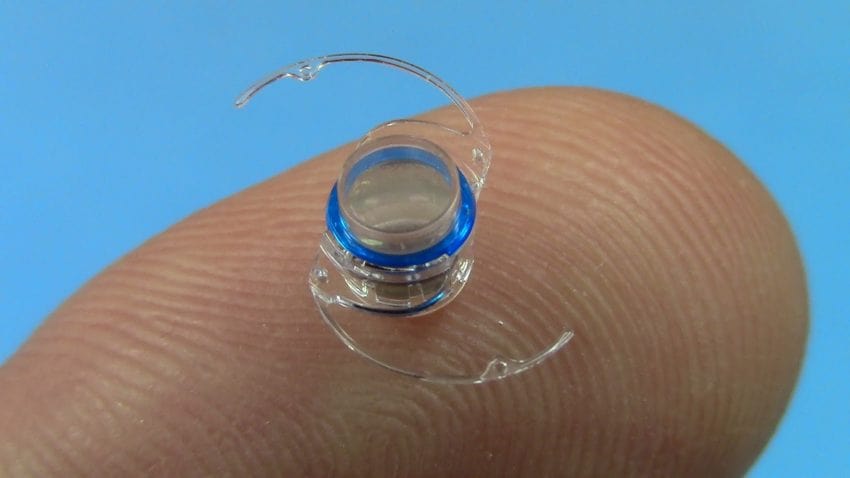How can a low vision specialist help you with end-stage macular degeneration?
Age-related macular degeneration affects about 11 million people in America and is a leading cause of blindness for people over the age of 50. It occurs when the macula, which is responsible for your central vision, begins to deteriorate. Age is one of the biggest risk factors, with poor nutrition and smoking, also playing a role in the development of this eye disease.
Unfortunately, there is currently no cure for this sight threatening condition, with stages progressing from early, to intermediate, and finally end-stage. Initial symptoms of blurry vision, extra sensitivity to glare and difficulty reading or seeing in low-light conditions eventually worsen, leading to low vision. But this is not the end of the road in terms of treatment and support, thanks to low vision specialists and the development of new technology.
What is low vision?
Clinically, low vision refers to a clarity of vision worse than 20/70, with 20/20 vision being normal vision that does not require any correction. Low vision cannot be corrected with traditional eyeglasses, medical or surgical treatments. In everyday life, it makes it hard to recognize faces, read or watch TV.
By working with low vision specialists, you can adapt your lifestyle and use visual aids such as magnifying glasses to help you see. Until recently, this was the only for end-stage macular degeneration but thankfully, advances in eye technology have led to the development of IMT surgery to improve your remaining vision.
What is IMT surgery?
IMT refers to a pea-sized implantable miniature telescope. IMT surgery involves 2 stages: first, cataract surgery is carried out to remove your natural lens in one eye, next the IMT is inserted. Once in place, when light enters the eye, it is magnified 3 times helping to improve central vision, which is what you see when you look straight ahead of you. However, peripheral parts of your retina may still be healthy. Magnifying the images that enter the eye means these healthy parts of the retina can be used to help see the image.
Is IMT surgery right for you?
As an age-related macular degeneration treatment, IMT can improve vision but is not suitable for everyone. You must have end-stage age-related macular degeneration in both eyes but must also meet the following criteria:
- you must not have active, wet age-related macular degeneration
- drug therapies must no longer be effective for you
- you must not have previously had cataract surgery in the eye where the IMT will be placed
- your visual acuity, that is your clarity of vision, must be between 20/160 and 20/800
- you must pass a visual acuity trial using an external telescope to assess whether you will benefit from IMT surgery
- you must be committed to working with a low vision specialist before and after your surgery to harness the ability to use your remaining vision effectively.
To find out if IMT surgery could help you make the best of your remaining vision, schedule a consultation at Braverman-Terry-OEI Eye Associates, your macular degeneration specialist in San Antonio.
 San Antonio, TX
San Antonio, TX


